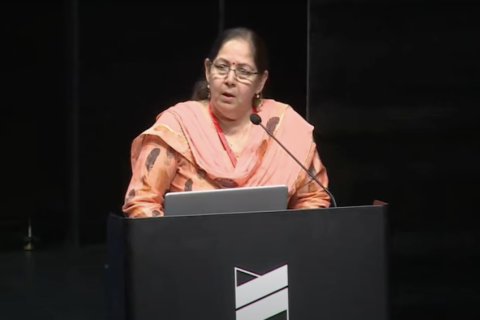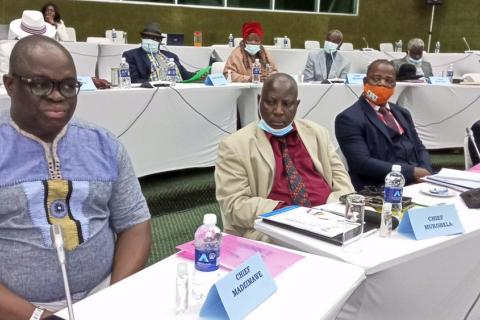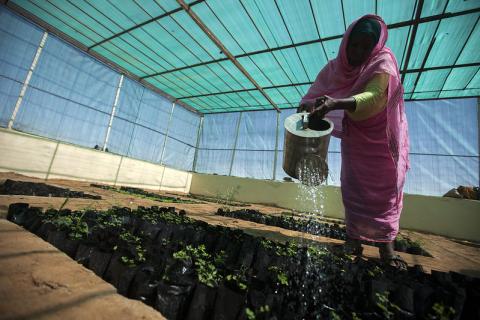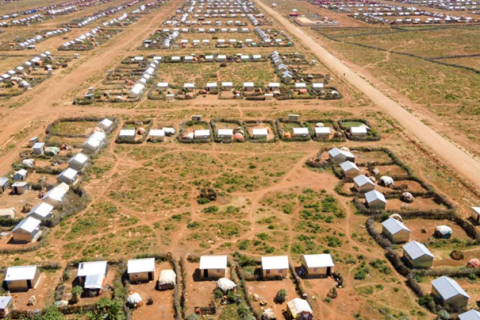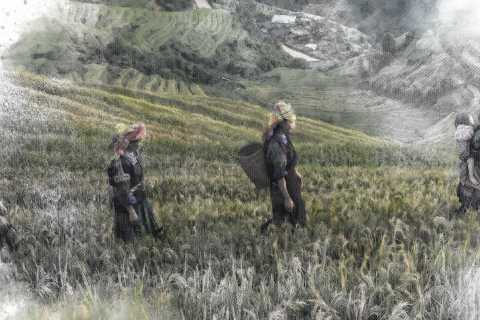Beyond land tenure, youth land rights fosters socioeconomic development
Africa is the youngest continent in the world, with a median age of around 20. This rising generation of youth presents an enormous opportunity for socio-economic development. But for Africa’s young people to unlock their full potential, they need full enjoyment of land rights – a cornerstone for economic opportunity and social empowerment.


